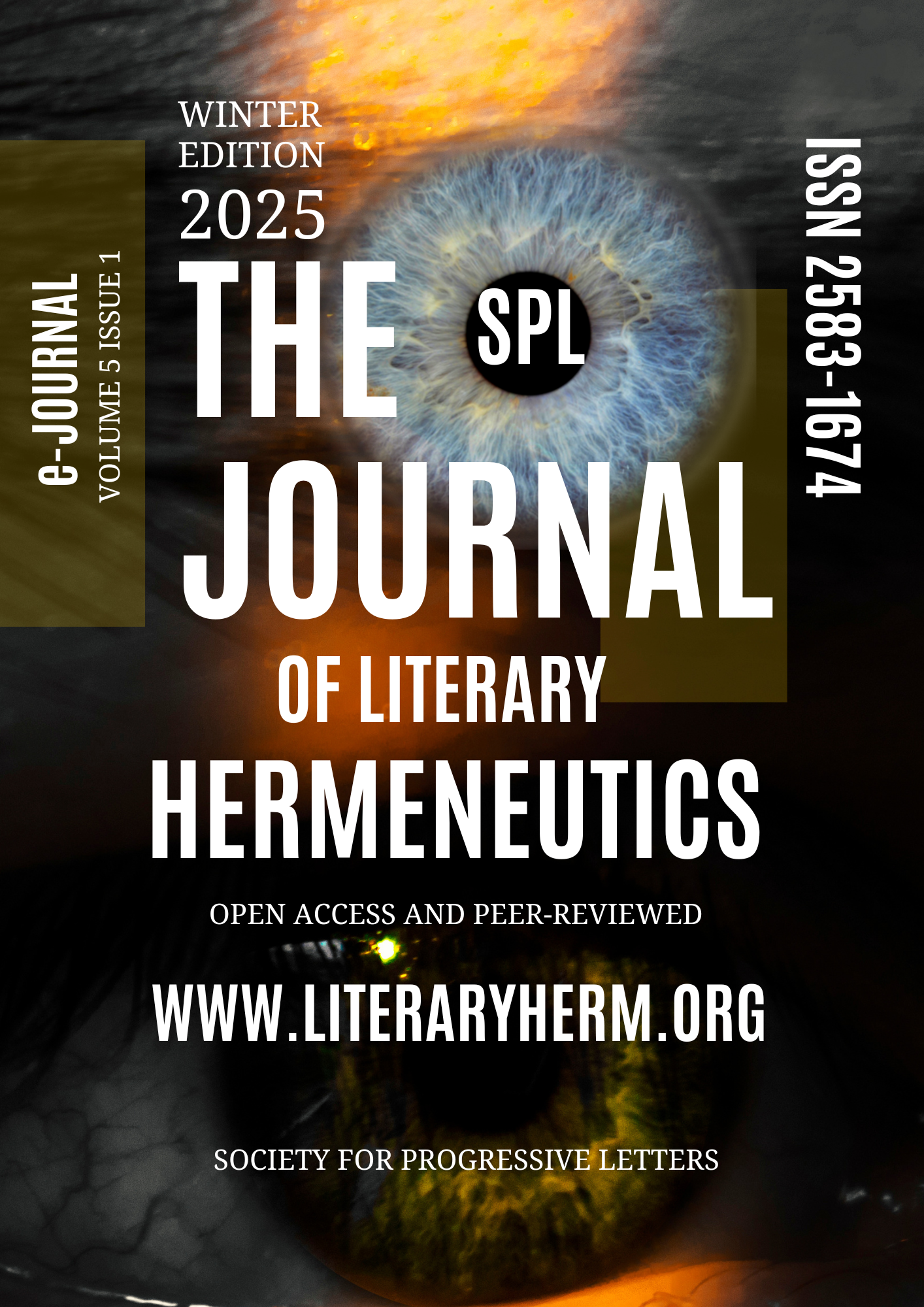Evolution and Development of Modern English Drama: Socio-Political Impact
Keywords:
Drama, Theatre, Modern Drama, Absurdism, Elizabethan DramaAbstract
Aims: This study aims to trace the evolution of English drama as a product of socio-cultural and political transformations across distinct historical periods. It seeks to identify how communication strategies and models, alongside ideological currents, have shaped dramatic structure and style over time.
Methodology and Approaches: The paper adopts a historical–analytic methodology, synthesizing insights from literary criticism, theatre studies, and cultural history.
Outcome: The investigation reveals that (i) industrialization and both world wars fundamentally reconfigured audience sensibilities, leading to new dramatic forms marked by alienation and fragmentation; (ii) revolutionary philosophies introduced critical perspectives on class struggle, gender roles, the unconscious, and human destiny, which dramatists embodied through realism, naturalism, absurdism, and other experimental styles; and (iii) technological advances (electric lighting, proscenium innovations) enabled subtler psychological realism and later facilitated metatheatrical approaches that challenged the “fourth wall.”
Conclusion and Suggestions: Modern drama emerges as an experimental, pluralistic field reflecting the complex web of historical forces: it rejects singular narrative conventions, foregrounds individual and collective crises, and continually redefines the actor–audience relationship. Future research might explore regional adaptations of these global trends or investigate how digital media further transforms dramatic expression.
Downloads

Published
How to Cite
Issue
Section
Copyright (c) 2025 Rohit Yadav, Manjari Johri

This work is licensed under a Creative Commons Attribution-NonCommercial 4.0 International License.












